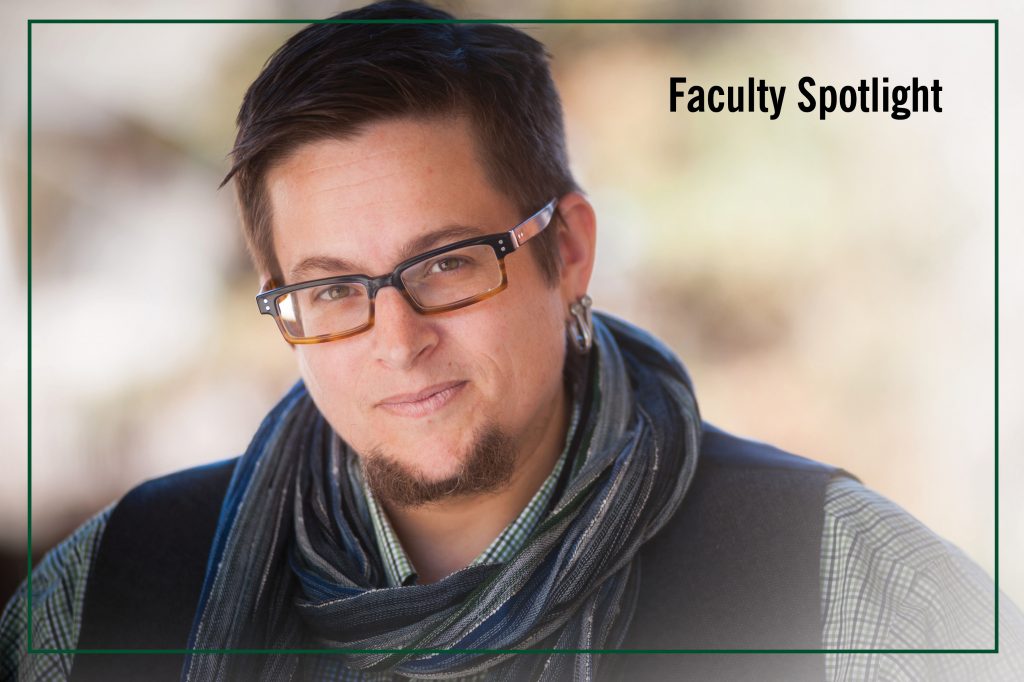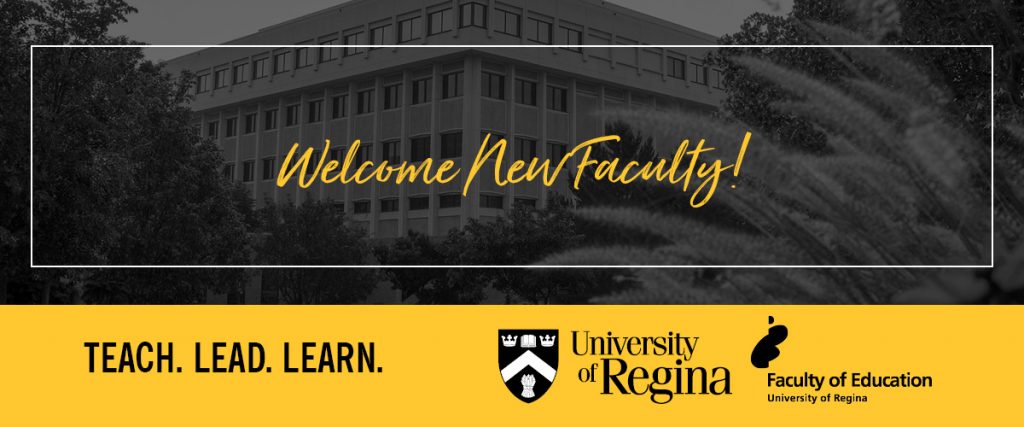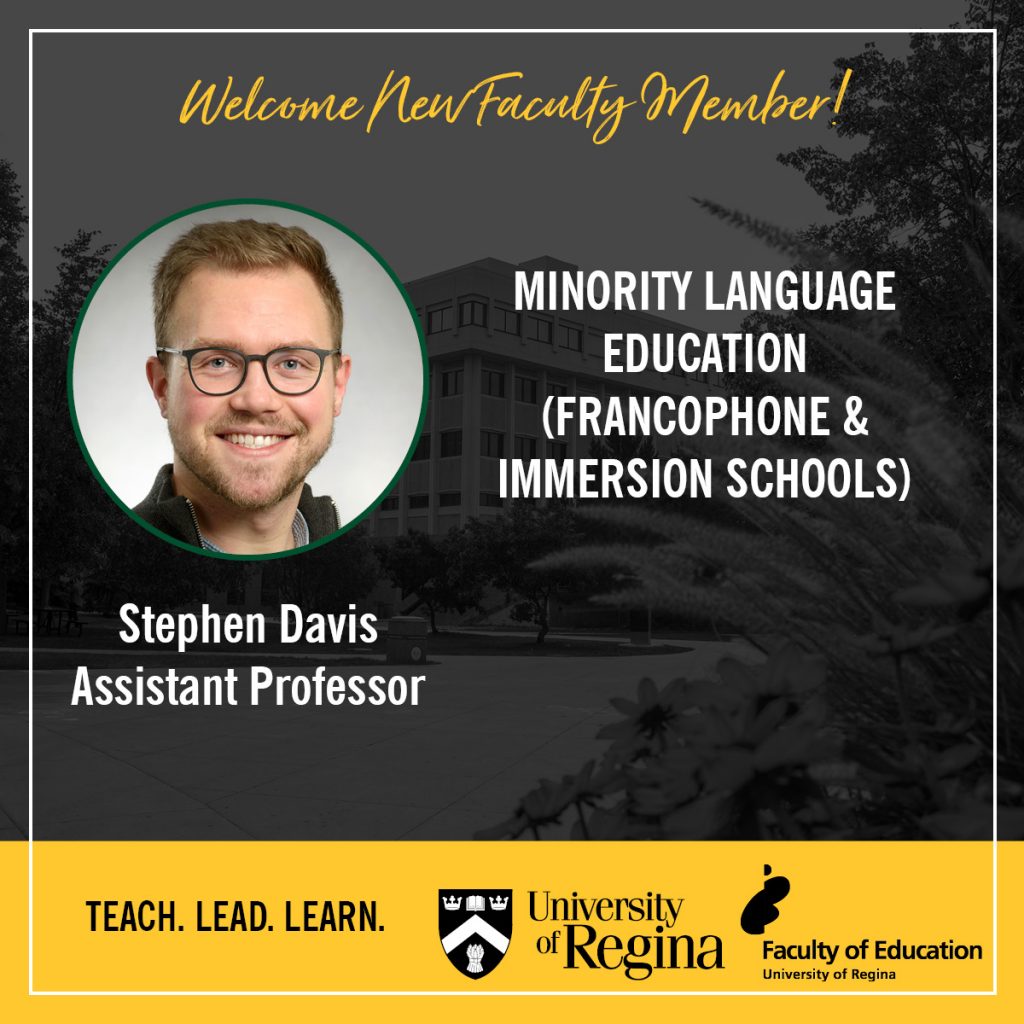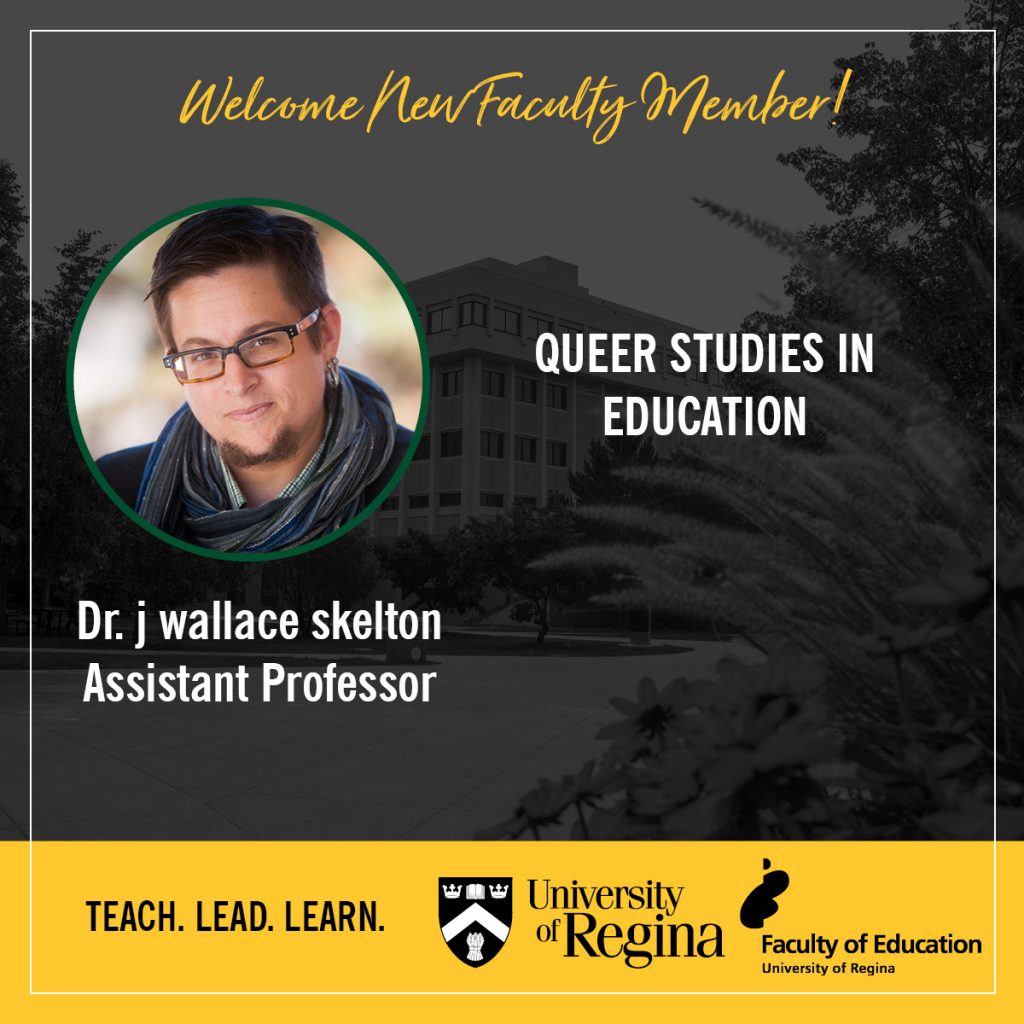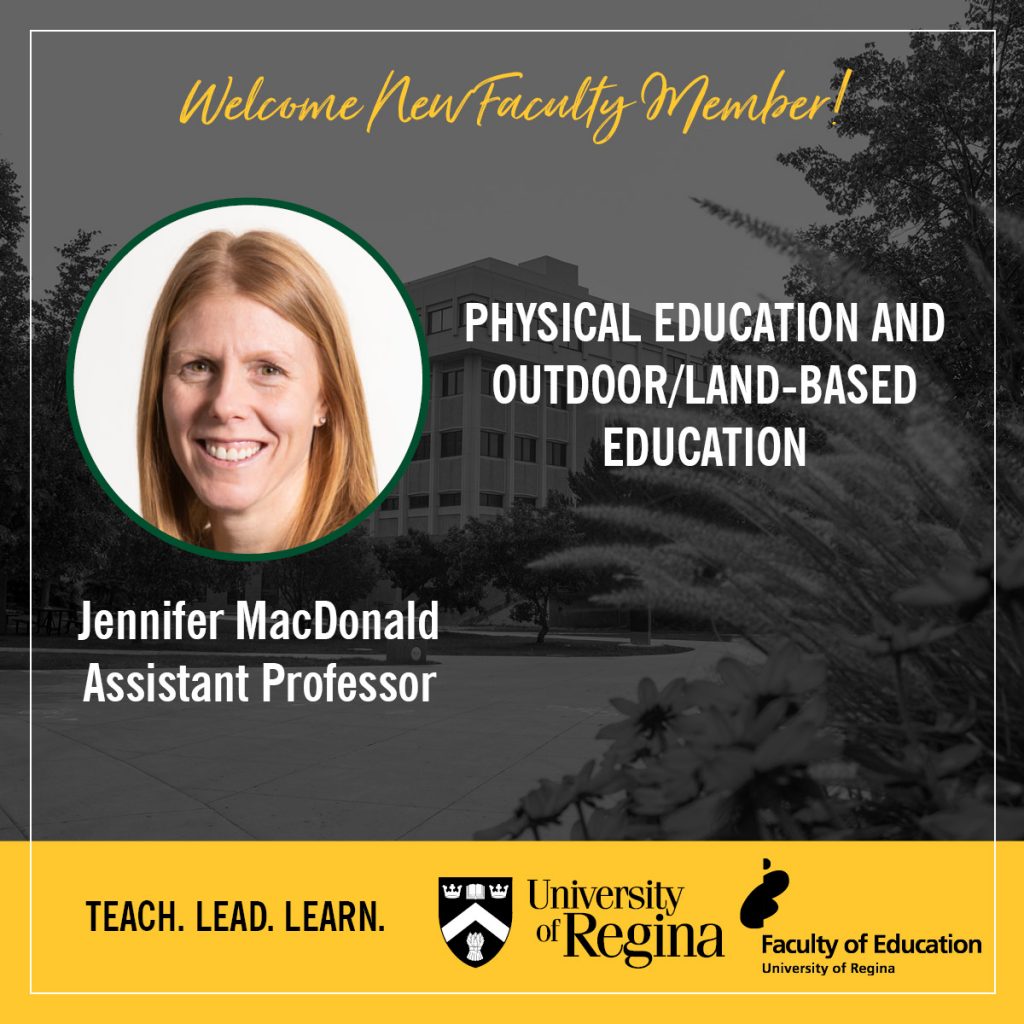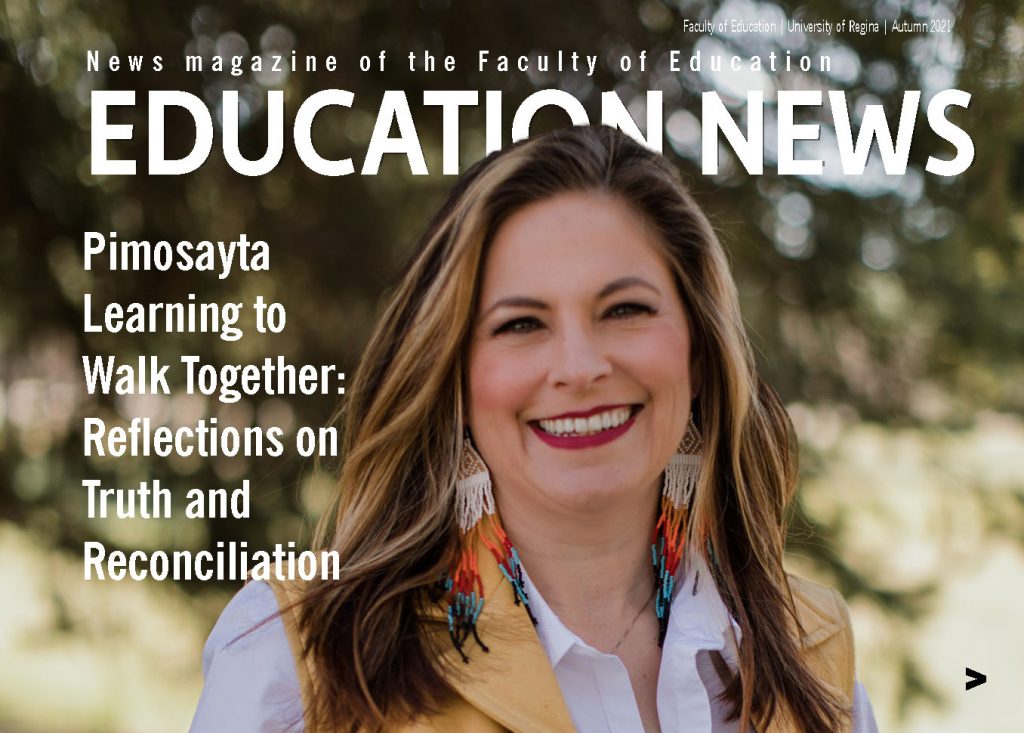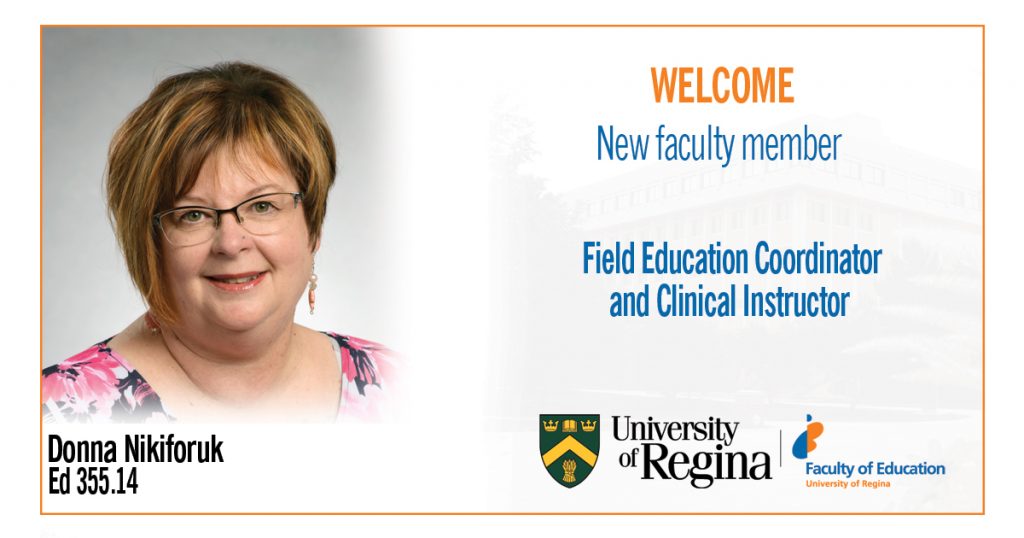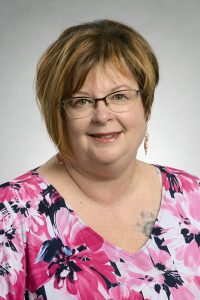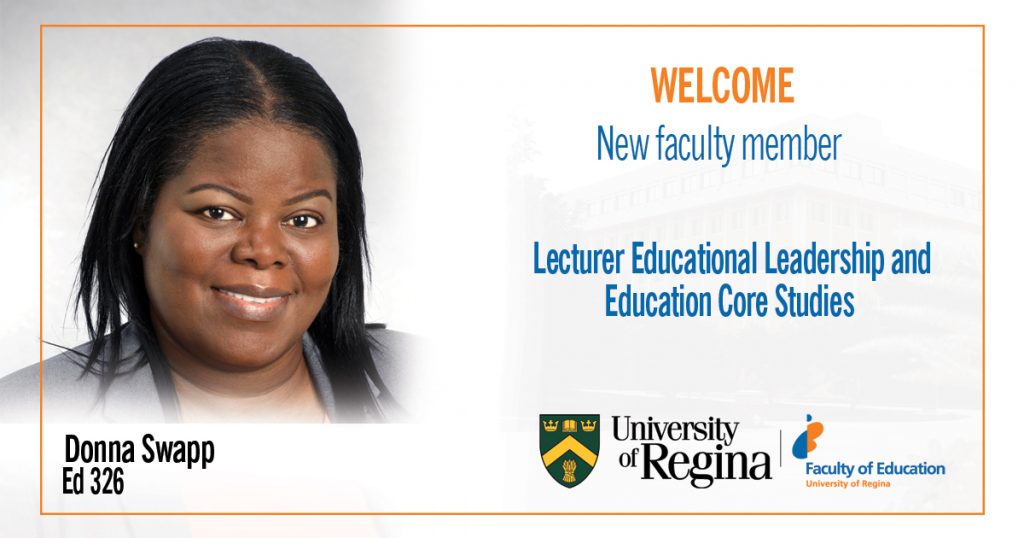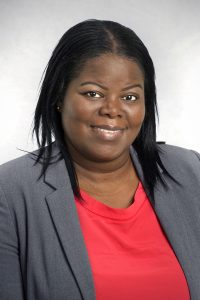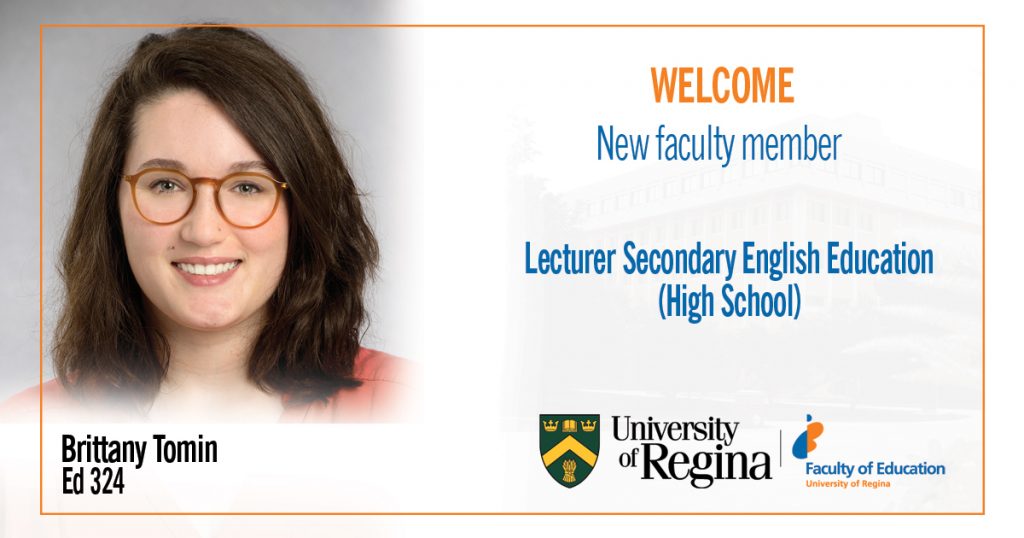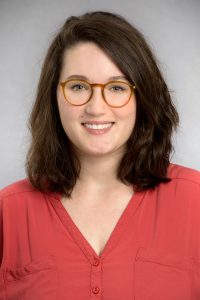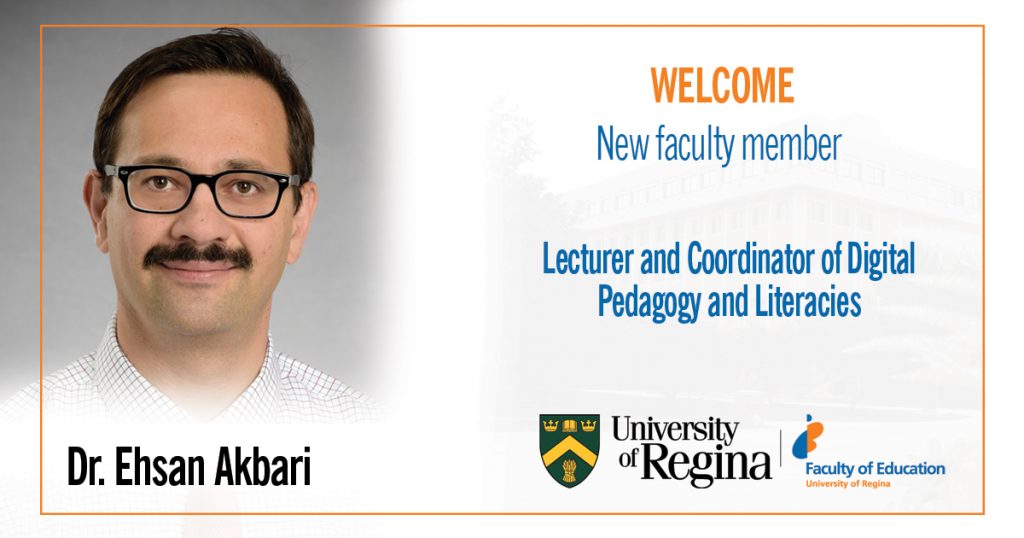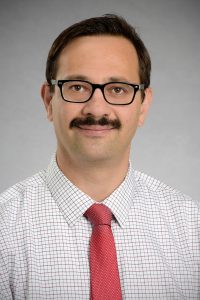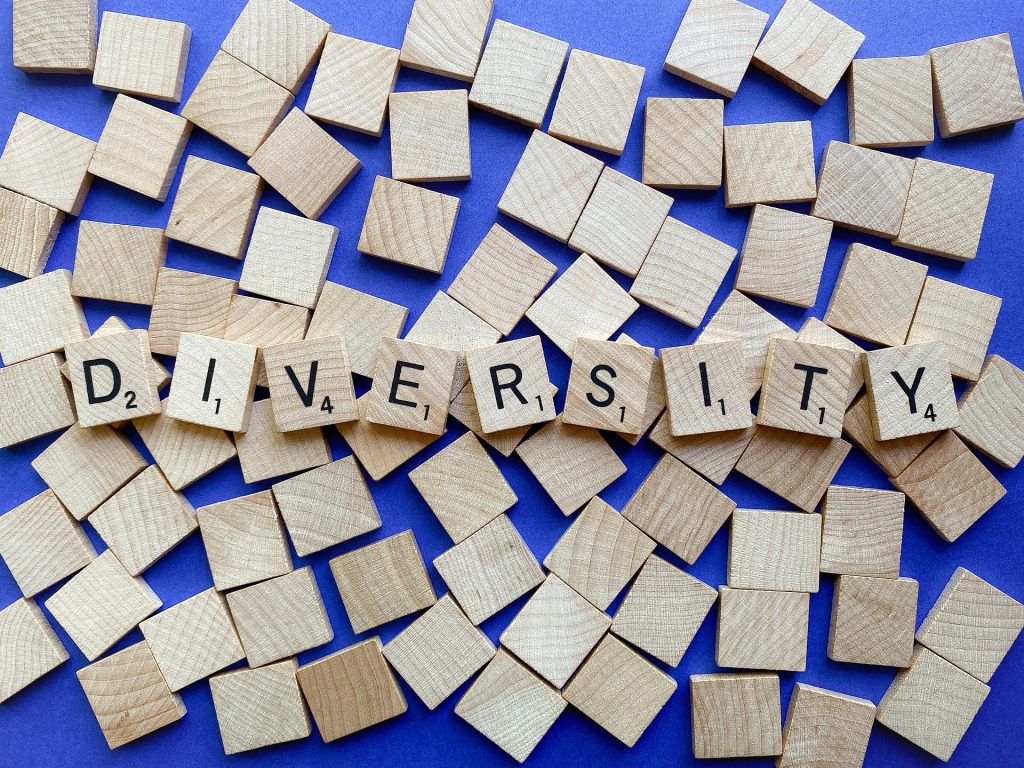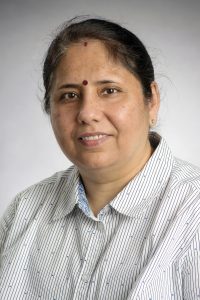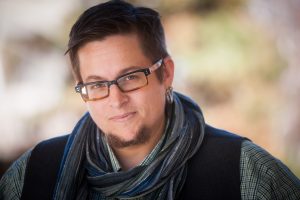
As our spotlight series continues, we shine light on Dr. j wallace skelton, our new Assistant Professor in Queer Studies in Education. j says that students should consider taking a course in queer and trans studies because these courses “invite us to move beyond binaries, and to expect, respect, and celebrate people of all sexual orientations and gender identities.” This movement is important because, “It’s about making classrooms safe and welcoming and celebratory for 2SLGBTQ people, refusing to see heterosexuality and cissexuality as normal—heck about refusing the idea of normal. It’s about centering the views, experiences, and knowledge of 2SLGBTQ people, and about queering and transing curriculum. For me, it means doing this informed by Queer of Colour Critique, Disability Justice, Feminism and Social Justice,” says j.
j is inspired by bell hooks’ vision of education, “as a place of community building, where love and justice are not only possible, but also necessary.” As an educator and teacher educator, j says, “I am committed to children’s rights and children’s agency, and to moving away from education as a practice where a teacher has power over students. Movements towards education as a practice of justice and abolition excite me. Our justice is tied together, and we cannot create equity for one group at a time. I see this work as intersectional: anti-racism and decolonization are essential to just education.”
The research j has done focuses on trans justice: “I believe that imposing the gender binary on all people is an act of colonialism and deeply harmful. Focusing on the needs and desires of trans people means elevating the voices of people most harmed by this imposition, and creating greater freedom for all of us. I’m particularly interested in the needs and desires of Two-Spirit, Gender Independent, Nonbinary, and Trans children. My work is about creating education spaces, families, and communities where such children are believed, safe, and valued.”
j’s personal interests reflect the work j does as a professor: “Trans justice. Queer liberation. Yes, those are also my interests at work, but my work interests have grown out of my personal experience and my communities. I’m a parent of three children, and I am deeply interested in supporting them and learning from them.”
As advice to students, j says, “Be willing to be wrong. Being wrong means taking risks. It means putting together ideas and then sharing them, allowing them to be tested by others. It means a commitment to learning and to trying again. I think it’s really hard to be wrong in public but that kind of risk taking, listening, and learning is a powerful way to learn. Ask questions. Faculty are here to support you, and we will see your questions as an indication that you are engaged, learning, and wanting answers.”
